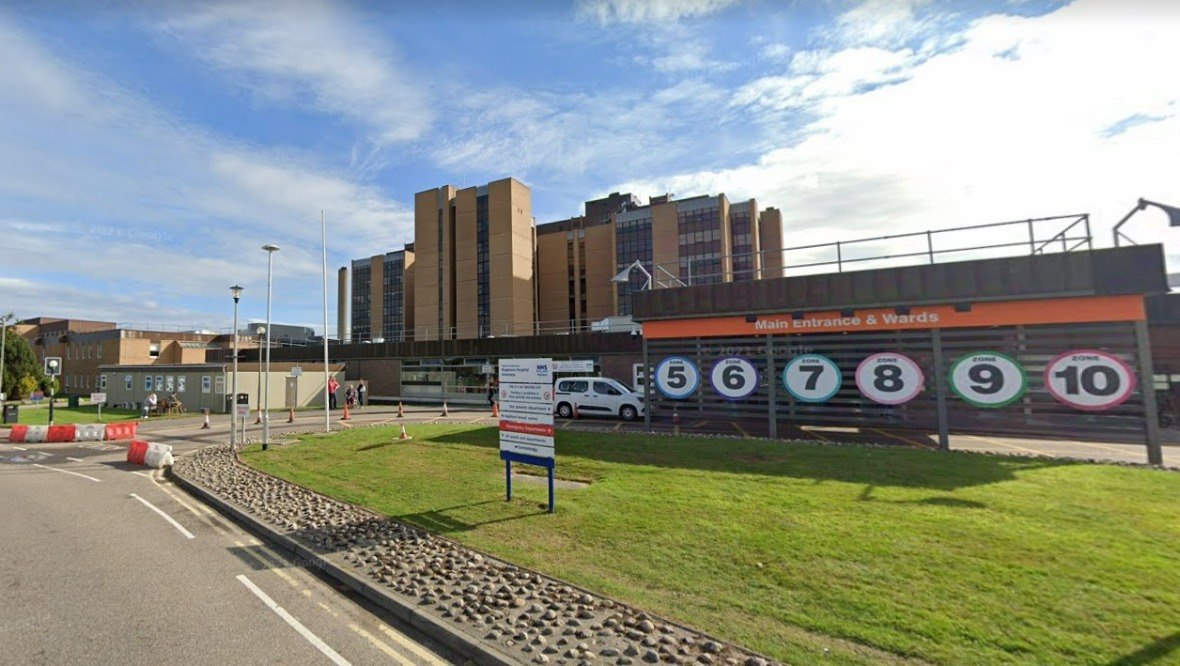Internal reviews have exposed failings in NHS Highland’s delivery of adult social care.
Its enquiries concluded that a working group failed to properly monitor reforms to tackle so-called bed blocking, where patients cannot return home because of a lack of essential care after leaving hospital.
Health chiefs have insisted they are committed to establishing a system that cares for people “in the right place at the right time” and that they will consult staff and other health authorities to secure a solution.
Bed blocking costs NHS Highland millions of pounds a year.
Revelations of weakness surfaced in minutes of an audit committee meeting in June, which formed part of the agenda papers for the latest routine full board meeting on Tuesday.
The papers stated that “leadership oversight and governance of the new ‘discharge without delay’ planning model highlighted weaknesses”.
A short-term working group was established to implement the new process.
“However, there was a lack of clarity on leadership and accountability of the project,” the audit committee minute stated.
It continued: “There was no documentation or scrutiny of the whole discharge planning process.”
In a statement, Pamela Cremin, chief officer of Highland health and social care, said: “People being cared for in hospital who are medically ready to leave have been an ongoing concern.
“The impact on individuals of being cared for in an environment not suitable for their current needs can be significant and we have made a strong commitment in our strategy to be working towards a system that cares for people in the right place at the right time.”
She said the rates of delay in Highland were “significant and are not limited to acute hospital settings but also mental health, learning disability and community hospital settings, as well as people waiting for care in their homes in the community”.
Ms Cremin said NHS Highland teams had been working hard on the issue for some time.
“We now need to look at what has worked so far and identify the root causes of delays,” she said.
“Tackling these will not only address the needs of the person in delay but allow other people waiting for care and treatment to access a hospital or community resource in a more timely way.”
The board pledged to consult staff and other health authorities “to share and implement areas of good practice.”
Follow STV News on WhatsApp
Scan the QR code on your mobile device for all the latest news from around the country


 Google Maps
Google Maps
























